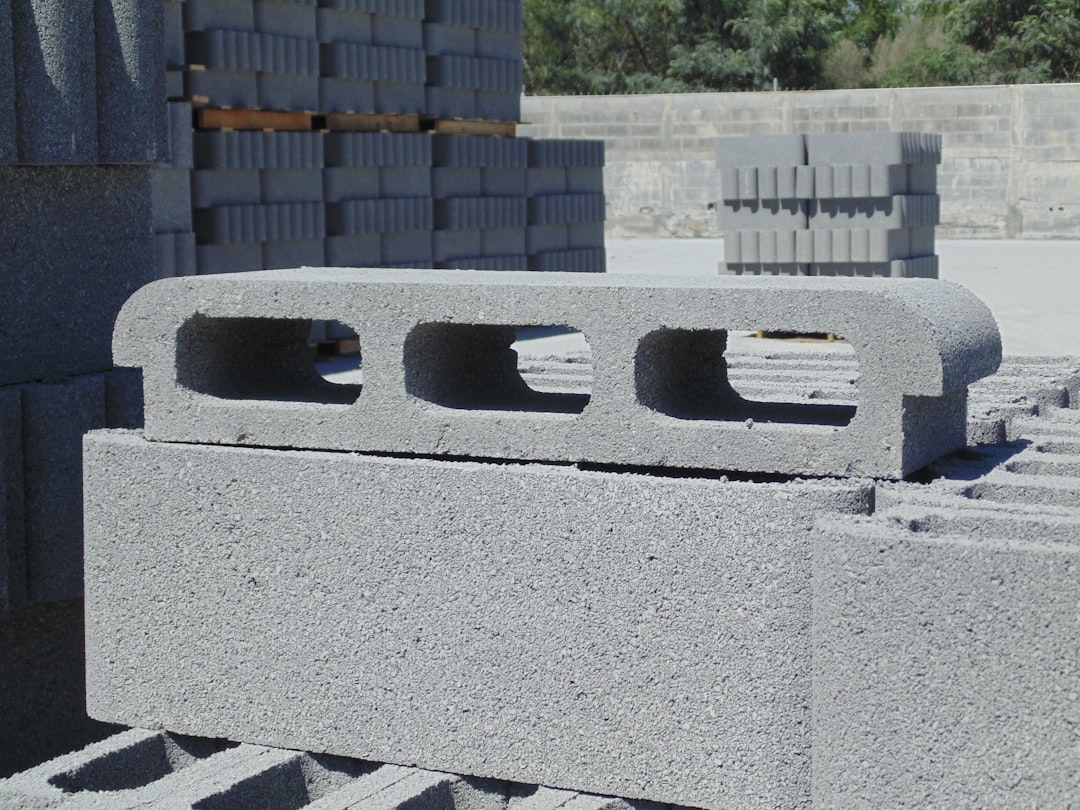CountBricks: How Much for Concrete Pad in Residential Builds
Price source: Costs shown are derived from our proprietary U.S. construction cost database (updated continuously from contractor/bid/pricing inputs and normalization rules).
Eva Steinmetzer-Shaw
Head of Marketing
Understanding Concrete Pad Costs for Construction Professionals
For construction professionals, determining the cost of a concrete pad involves various factors. As of February 2026, prices typically range from $6–$12 per square foot, depending on specifications and market conditions. This guide explores key variables affecting costs and provides insights into accurate estimating for construction projects.
Key Factors Influencing Concrete Pad Pricing
1. Pad Size and Thickness
As the size increases, the cost per square foot often decreases due to distributed setup charges. Thickness varies from 4 inches for light use to 6-8 inches for driveways.
2. Site Access and Preparation
- Limited access may require manual hauling instead of direct pours.
- Challenging terrain might need additional grading or fill.
3. Reinforcement and Mix Design
- Reinforcement options like wire mesh or rebar add strength and cost.
- Higher PSI mixes resist weather but increase material costs.
4. Climate and Local Market Rates
Regional labor rates and seasonal demand affect pricing. CountBricks updates these inputs hourly for accuracy.
Typical Price Ranges for Construction Projects
- Basic 10' x 10' patio, 4" thick: $800–$1,200
- 12' x 20' shed pad, 4" thick, wire mesh: $1,700–$2,600
- 20' x 24' driveway, 6" thick, rebar: $3,100–$5,200
These estimates are based on current data from CountBricks' AI platform.
Hidden Costs to Consider
- Dump fees for excavated materials
- Concrete pump rental if needed
- Additional treatments for decorative finishes
- Permit fees or compliance costs
CountBricks flags these potential costs to prevent budget surprises.
DIY vs Professional Installation
DIY Considerations
- Tool rentals can exceed $450 per weekend.
- Coordinating delivery and labor is challenging.
- Improper finishing can lead to issues.
Professional Crew Advantages
- Warranty on workmanship
- Faster completion times
- Quality checks for accuracy
Professional crews ensure quality and efficiency.
CountBricks' 5-Step Estimating Workflow
- Voice Intake: Describe project details via AI chat.
- Instant Takeoff: Upload sketches for automated calculations.
- Live Pricing: Get real-time supplier costs.
- Task Mapping: Calculate labor hours based on data.
- PDF Quote & Schedule: Receive a detailed proposal.
Case Snapshot: The Hawthorne Patio
A Baltimore project involved a 240 sf pad estimated at $1,980. Adjustments for a stamped finish increased the cost to $2,520, with construction completed in 7 hours.
Pro Tips for Budget Management
- Use 2-foot increments to minimize cuts.
- Opt for fiber reinforcement for light loads.
- Pour during off-peak seasons for discounts.
- Combine small pads to reduce fees.
Why Choose CountBricks for Construction Projects
- AI Transparency: Clear cost breakdowns.
- Speed: Quick estimates and takeoffs.
- Accuracy: Reliable estimates based on data.
- Convenience: Manage projects through the CountBricks platform.
Next Steps
Visit CountBricks.com to start your project estimate today.
Ensuring Quality in Concrete Pad Construction
Accurate pricing is crucial, but quality control ensures long-lasting results. CountBricks combines precise estimating with rigorous quality protocols.
CountBricks Field Checklist
- Soil Bearing Verification: Ensure proper compaction.
- Reinforcement Inspection: Verify spacing and placement.
- Mix Ticket Capture: Confirm material specifications.
- Finish & Cure Monitoring: Track conditions for optimal curing.
Case Study: The Lakeshore Drive Driveway
A 6-inch pad for an RV was reinforced with rebar, enhancing durability. Performance data informs future recommendations.
Warranty Backed by Data
CountBricks offers a two-year workmanship warranty, supported by detailed project documentation.
Ready to Pour?
Lock in pricing and schedule a crew at CountBricks.com. Ensure your project is built to last.

